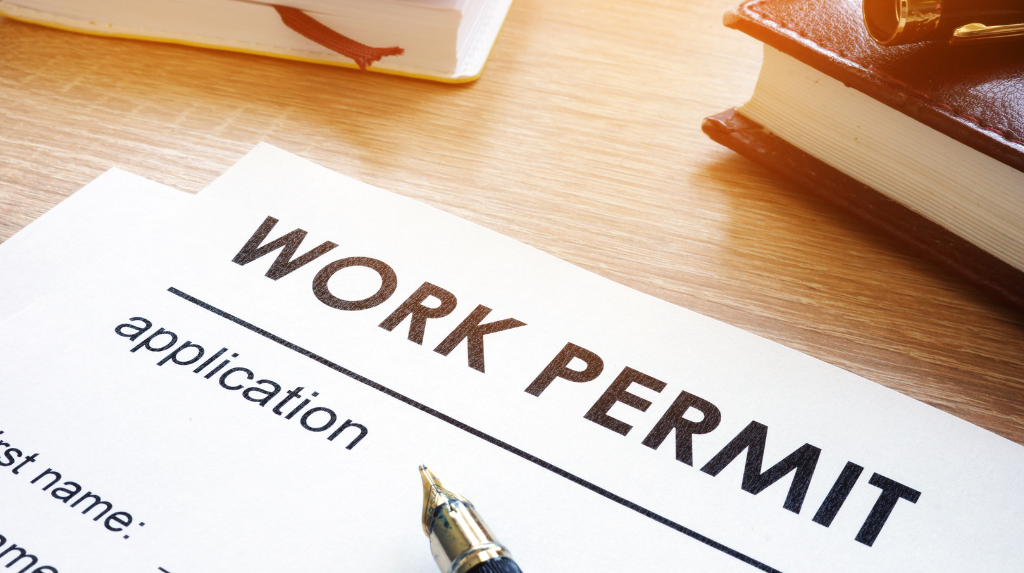Obtaining a visa to visit Italy is an exciting prospect for many individuals. However, visa refusals can be disappointing and frustrating. This article aims to provide an overview of Italy visa refusals, the possible reasons behind them, and steps you can take to address and overcome the refusal.
Understanding Italy Visa Refusal
Italy visa refusals occur when the Italian consulate or embassy denies an application for a visa. This means that the applicant does not meet the necessary requirements or has not provided sufficient supporting documentation to satisfy the visa officer’s assessment.
Reasons for Italy Visa Refusal
There can be various reasons for an Italy visa refusal, including:
- Incomplete or incorrect application forms
- Insufficient supporting documentation
- Lack of proof of sufficient financial means to support the trip
- Failure to demonstrate strong ties to the home country
- Concerns about the purpose of the visit or potential overstaying
- Inability to provide evidence of travel medical insurance
- Past immigration or legal issues
- Suspicions of document fraud or misrepresentation
Understanding the specific reasons for the refusal is crucial in addressing them effectively.
Dealing with Visa Refusal
If your Italy visa application is refused, it is essential to remain calm and consider the following steps:
Review the refusal letter
Carefully read the letter to understand the specific grounds for refusal. It will outline the reasons behind the decision.
Seek clarification
If any information in the refusal letter is unclear, contact the relevant consulate or embassy to seek clarification.
Assess the reasons for refusal
Analyse the reasons provided in the refusal letter and evaluate if there were any deficiencies in your application or supporting documents.
Address the concerns
Take steps to address the concerns raised in the refusal letter. This may involve gathering additional documentation, providing clarification, or rectifying any mistakes or omissions.
Maintain accurate and honest information
Ensure that all information provided in your application is accurate and truthful. Misrepresentation can lead to further complications.
Keep a record
Maintain copies of all communication, including the refusal letter, emails, and any supporting documents you submit during the appeal or reapplication process.
Reapplying for an Italy Visa
If your visa application is refused, you have the option to reapply. However, it is crucial to address the reasons for the initial refusal and provide additional evidence to strengthen your case. Consider the following:
Analyse the refusal letter: Thoroughly understand the grounds for refusal and focus on addressing those concerns in your new application.
Provide additional documentation: Gather any missing or supplementary documents to support your application. This may include financial statements, travel itineraries, accommodation bookings, or letters of invitation.
Seek professional advice: If you face a visa refusal, it may be beneficial to consult an immigration lawyer or visa specialist who can provide guidance and assist you in preparing a strong reapplication.
Write a cover letter: Craft a detailed cover letter explaining the reasons for your previous refusal and how you have addressed them in your new application. Be clear, concise, and provide all relevant information.
Submityour reapplication: Submit your reapplication with all the necessary documents and a well-prepared cover letter to the appropriate Italian consulate or embassy. Ensure that you meet all the requirements and follow the instructions provided.
Seeking Legal Assistance
In complex cases or situations where you feel overwhelmed, it may be beneficial to seek legal assistance from an immigration lawyer who specialises in visa refusals. They can provide expert guidance, review your case, and help you navigate the reapplication process.
In conclusion, experiencing a visa refusal can be disheartening, but it is not the end of your journey. By understanding the reasons for the refusal, addressing the concerns, and preparing a strong reapplication, you can increase your chances of obtaining an Italian visa. Seek professional guidance when needed, provide complete and accurate information, and remain persistent in pursuing your travel plans.
Frequently Asked Questions (FAQs)
Can I appeal a visa refusal decision in Italy?
Yes, in some cases, you may have the option to appeal a visa refusal decision. However, the appeal process and requirements can vary, and it is advisable to consult with an immigration lawyer to assess the feasibility of an appeal in your specific situation.
How long do I have to wait before reapplying for an Italian visa after a refusal?
There is no specific waiting period mentioned for reapplying after a refusal. However, it is essential to address the reasons for refusal and provide additional supporting documentation to strengthen your new application.
Can I reapply for an Italy visa with the same purpose of visit after a refusal?
Yes, you can reapply for an Italy visa with the same purpose of visit after a refusal. However, it is important to address the concerns raised in the refusal letter and provide additional supporting documents to enhance your chances of a successful application.
Is it necessary to provide an explanation for the previous visa refusal in the new application?
While not mandatory, it is recommended to provide an explanation for the previous visa refusal in your new application. This allows you to demonstrate that you have taken steps to rectify any deficiencies and present a stronger case.
Can I apply for an Italian visa from a different consulate or embassy after a refusal?
Yes, you can choose to apply for an Italy visa from a different consulate or embassy after a refusal. However, it is essential to address the reasons for the previous refusal and provide a well-prepared application to increase your chances of a positive outcome.
Do you need support with your Italian visa application?
Contact our team of skilled immigration lawyers to discuss your visa and immigration needs.
Call us on +234 812 5505 986 or WhatsApp us at +234 818 1547 085 for immediate assistance with your situation. We are available to assist you in person, over the phone, or online.





